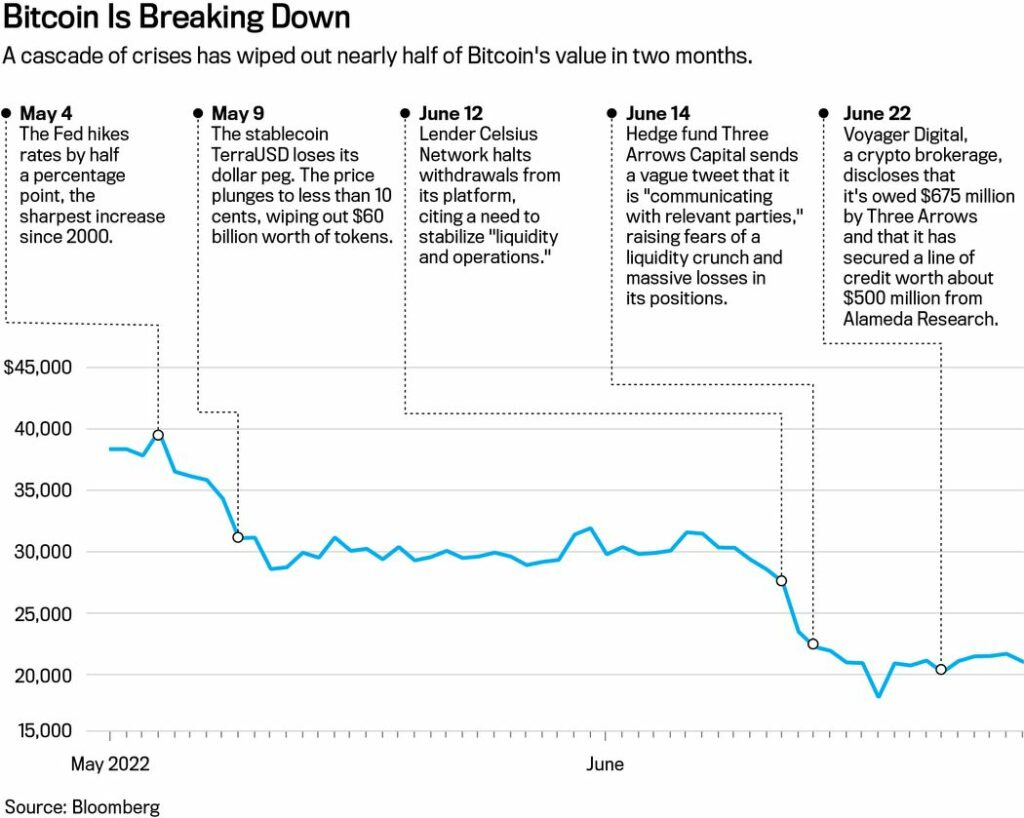Hi folks, Patrick Ryan here from Odin. We are building the ultimate tool for angel syndicates to invest together in private companies and funds, via SPVs.
“I think you only need two kinds of people to create a technology hub: rich people and nerds. They're the limiting reagents in the reaction that produces startups, because they're the only ones present when startups get started. Everyone else will move.”
Paul Graham - “How to be Silicon Valley”, May 20061
Fits of progress
Silicon Valley is the Athens of our times. It has a special combination of smart people, capital and culture that means it punches far above its weight in terms of value creation.
This relatively small corner of the USA has catalysed the growth of the semiconductor industry, the Internet, the personal computer, the smartphone, and a host of other innovations that we will likely look back on as crucial pivot points in human history.
The Athenians did something similar. They gave us the western basis of democracy, science, philosophy, writing, taxes, schools and contracts. Many of these things we do not now see as “technology”, but when they were invented, they were cutting edge.
What’s more, the Athenians did most of this in a pretty short period, spanning roughly three generations - the lives of Socrates, Plato and Aristotle - from the early 5th century BC to the mid 4th century BC.
History is filled with fleeting epochs where a single city or region pushes humanity forward in fits and bursts:
After the Athenians, Rome brought us civil engineering, books, the postal service, town planning, the roots of modern medicine and, of course, military innovation.
The 15th century Renaissance in Florence and Venice brought with it step-changes in art, literature, science and business (modern accounting and banking in particular), as well as the roots of modern humanism.
The Scottish enlightenment brought us great thinkers such as David Hume and Adam Smith. Their ideas were both inspired by and crystallised in the industrial revolution, whose epicentre was Northern England - Liverpool, Sheffield, Leeds, Manchester, Newcastle, Birmingham - with innovations in textiles, metalwork, steam power, machinery, chemicals, glassmaking, mining, transportation, literacy, economics and finance.
In each period we see a commingling of art and science, of ideas and of action.
Interestingly, the region at the epicentre of each revolution doesn’t always come up with the key innovations. They tend to be very good at capitalising on talent and concepts imported from elsewhere.
Computers, let’s recall, were invented in 19th century England, by Charles Babbage and Ada Lovelace. Computer Science took great leaps forward under Alan Turing, the Englishman who famously solved Enigma at Bletchley Park during WWII.
Even within the USA, Silicon Valley has been more an exploiter of good ideas than a progenitor:
“AT&T (an East Coast company) invented semiconductor electronics and Shockley ported it to Mountain View, IBM (an East Coast company) invented data storage at its San Jose laboratories, Xerox (an East Coast company) perfected human-machine interfaces at its Palo Alto research center, the government invented the Internet and chose the SRI as one of the nodes, CERN (a European center) invented the World-wide Web and the first USA server was assigned to the SLAC, and so forth.
In fact, Silicon Valley's largest research centers were never truly "research" centers but rather "R&D" (research and development) centers, and more oriented towards the "D" than the "R".2
Great ideas and people abound. What we have sucked at, historically speaking, is providing the right environment for them to thrive.
How do we stimulate progress?
As a species, we seem to be getting better at this. You only have to look at the correlation between global GDP per capita and improvements in healthcare, literacy & democracy in the last 200 years.
What is interesting is to see how far Latin America, Asia and Africa still have to go.
Even within “developed” countries, we all know that things are not as great as they ought to be. Standards of living, healthcare and education are still poor for many, and slipping in some places. Climate change still looms. There are countless other ways things can improve.
It’s still early for humanity.
Dealroom recently published an interesting deck3 about what they are calling “New Palo Alto”; a cluster of closely connected cities in Europe with the potential to become a high velocity innovation ecosystem.
This data is interesting, and speaks volumes about the UK’s potential in particular.
But for all our self-congratulatory talk about the progress we are making, there seems to be very little said about how we can create more of it.
In 2019, American economist Tyler Cowen and Stripe cofounder Patrick Collison published a piece in the Atlantic calling for a new “Science of Progress”.4
They define progress as follows:
the combination of economic, technological, scientific, cultural, and organizational advancement that has transformed our lives and raised standards of living over the past couple of centuries.
Cowen and Collison seek to answer the question of how we measure progress, replicate it and accelerate it. What are the key ingredients and what is the method?
I am going to dedicate more posts on this blog to the study of people, organisations, countries, cultures and periods of history that have driven progress. My goal is to apply what I learn along the way to what we build at Odin.
Our goal is to build better infrastructure for innovation. We are starting by creating the ultimate tool for angel syndicates. This will empower more founders and investors to build things the world needs.
But we are only a small cog in a much larger machine. In order to have impact at scale, we must learn from and work with others.
I’d like to figure out more concrete proposals for ways the venture ecosystem in Europe can work with policymakers, universities and other institutions to optimise progress. If you’d like to contribute, please get in touch.
PR
🤔 and 😂 stuff
How to assess startups
Part 3 of Alex’s angel investing toolkit
Chaos is a ladder
A good piece analysing the recent crypto meltdown.
Great inventions of the 21st century
Why Balaji is wrong
A short, rather aggressive take on why we can’t build countries like we build companies, and live in a decentralised cryptolibertarian utopia straight out of an Ayn Rand novel. Thanks Rónán for recommending.
Loved these books as a kid
The Where’s Wally x Jay-Z Venn diagram has to be a pretty niche audience. I’m here for it.
“How to be Silicon Valley” - Paul Graham, May 2006
“A History of Silicon Valley” - Piero Scaruffi, 2010
‘New Palo Alto” - Dealroom, June 2022
“We Need a New Science of Progress” - Tyler Cowen & Patrick Collison, July 2019
















